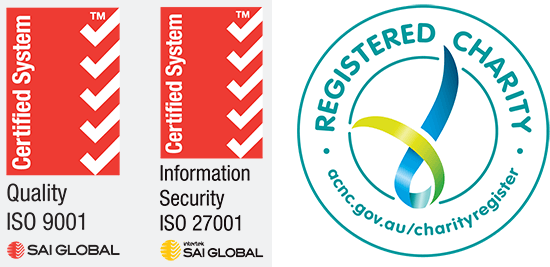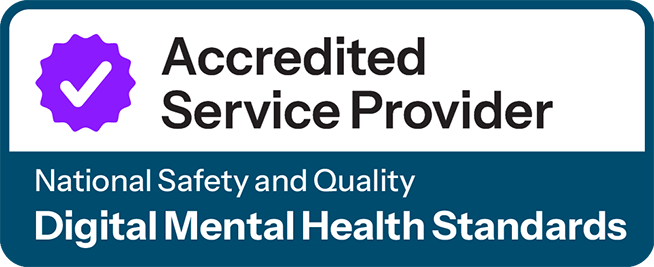
In a busy general practice, record-keeping can be a constant challenge.
Maintaining an accurate database, however, is critically important for assessing patient needs, identifying opportunities for preventative care, and operating an effective recall and reminder process.
In order to analyse how much and which sorts of information were absent from its system, the team at MyClinic Melbourne decided to first discuss possible strategies with North Western Melbourne Primary Health Network (NWMPHN) quality improvement program officer, Abigail Mickelburough.
MyClinic Melbourne is located in the CBD. It has of four general practitioners, a nurse, psychologist, chiropractor, and an on-site 4Cyte pathology service, as well as reception and administration staff.
Following the chat with Abigail, a quality improvement exercise was led by practice manager Jin Oh and nurse Edele Holman-Mackey. The goal was to reduce the number of their active patients in the practice information system with missing clinical and personal data items.
To determine the baseline for the issue, Jin and Edele conducted an audit of data quality using the practice’s PenCS CAT4 software. The audit was repeated each month to track progress.
“Once we determined where the gaps were we collaborated with the rest of the practice staff, helping them fine-tune their processes when it came to identifying missing data entries for each patient,” explained Jin.
The result was an enhancement to the existing reception system.
“Reception and nursing staff are the first point of call for identifying patients who are missing clinical or demographic data,” said Edele.
“If the data missing is demographic – for instance, patient ethnicity or date of birth – then this can be added usually by sourcing the information from the patient’s initial registration form.”
If there is clinical information missing, the reception staff add a note to the existing record, prompting the GP to update at the next appointment.
Additionally, TopBar, a clinical decision support tool provided by NWMPHN, was then installed and used by the doctors and nurses to evaluate health risks, family history conditions and any missing observations or tests, helping to ensure the delivery of comprehensive care.
Thanks to the suggestions contained in the NWMPHN quality improvement template, and the diligence of the staff, the exercise has been a remarkable success.
In the past year, the practice has reduced the number of patients without recorded family medical history from 282 to 27.
It also achieved a decrease in the number of active patients without alcohol use, allergies, or smoking histories recorded from 104 to 10.
In addition, it has recorded First Nations status for all but one patient, and eliminated completely duplicate patient numbers.
Recently, MyClinic Melbourne’s hard work was recognised with a Data Quality Award nomination at the 2024 Annual Pen CS awards.





